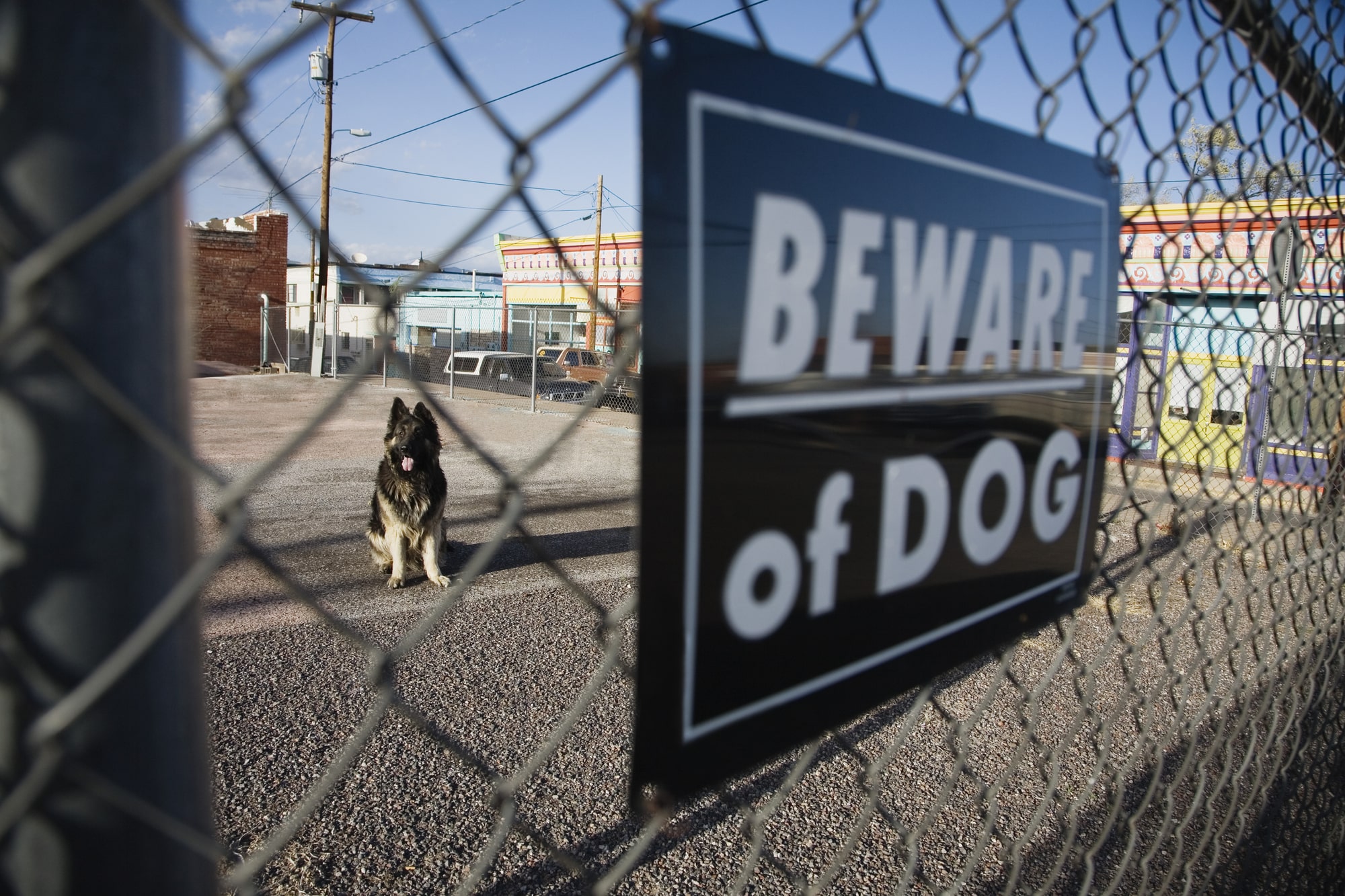If you were bitten by a dog in Texas and you intend to seek legal representation, an attorney would require various pieces of information to build a case and advocate on your behalf. Here’s a list of information and documentation you should gather and provide to your attorney according to a dog bite lawyer with our friends at the Brandy Austin Law Firm:
1. Details of the Incident: Provide a detailed account of the incident, including the date, time, and location of the dog bite. Be prepared to describe how the incident occurred and any circumstances leading up to the attack.
2. Contact Information: Share your contact information, as well as the contact information of any witnesses who were present during the dog bite incident. Witnesses can provide valuable statements to support your case.
3. Medical Records: Provide your attorney with all relevant medical records related to the dog bite, including hospital records, emergency room reports, doctor’s notes, and bills. This information will help establish the extent of your injuries and medical treatment.
4. Photographs: If possible, provide photographs of your injuries, both immediately after the attack and as they progressed during your recovery. Photographs can serve as visual evidence of the severity of your injuries.
5. Information about the Dog Owner: If known, provide the name and contact information of the dog owner. Your attorney will need to contact the dog owner and potentially investigate the dog’s history.
6. Dog Information: Share any information about the dog involved, such as its breed, history of aggressive behavior, and whether it was on a leash or under control when the incident occurred. These facts can help prove if the owner was negligent.
7. Police or Animal Control Reports: If law enforcement or animal control responded to the incident, provide copies of any incident reports or statements from officers or animal control officers. This provides an outside professional opinion of the incident.
8. Insurance Information: If the dog owner has insurance, provide the insurance company’s name and policy information, as this might be the source of compensation for your injuries. If they do not have insurance, then the source of your compensation may just be them as an individual.
9. Evidence Preservation: If you have any physical evidence related to the incident, such as torn clothing or the leash used to control the dog, preserve and provide these items to your attorney.
10. Witness Statements: If there were witnesses to the incident, collect statements from them regarding what they saw. Your attorney may need to interview these witnesses to gain any extra information.
11. Your Account of the Injuries: Be prepared to explain the physical and emotional impact of the dog bite on your life. This can include pain and suffering, emotional distress, lost wages, and any other damages.
12. Communication Records: Provide any correspondence, such as emails or letters, with the dog owner or their insurance company regarding the incident.
It’s important to consult with an attorney experienced in personal injury and dog bite cases in Texas. They will use this information to evaluate your case, determine liability, and help you pursue compensation for your injuries. Additionally, remember that Texas law related to dog bites can vary, so legal counsel is essential for navigating the legal process effectively.

